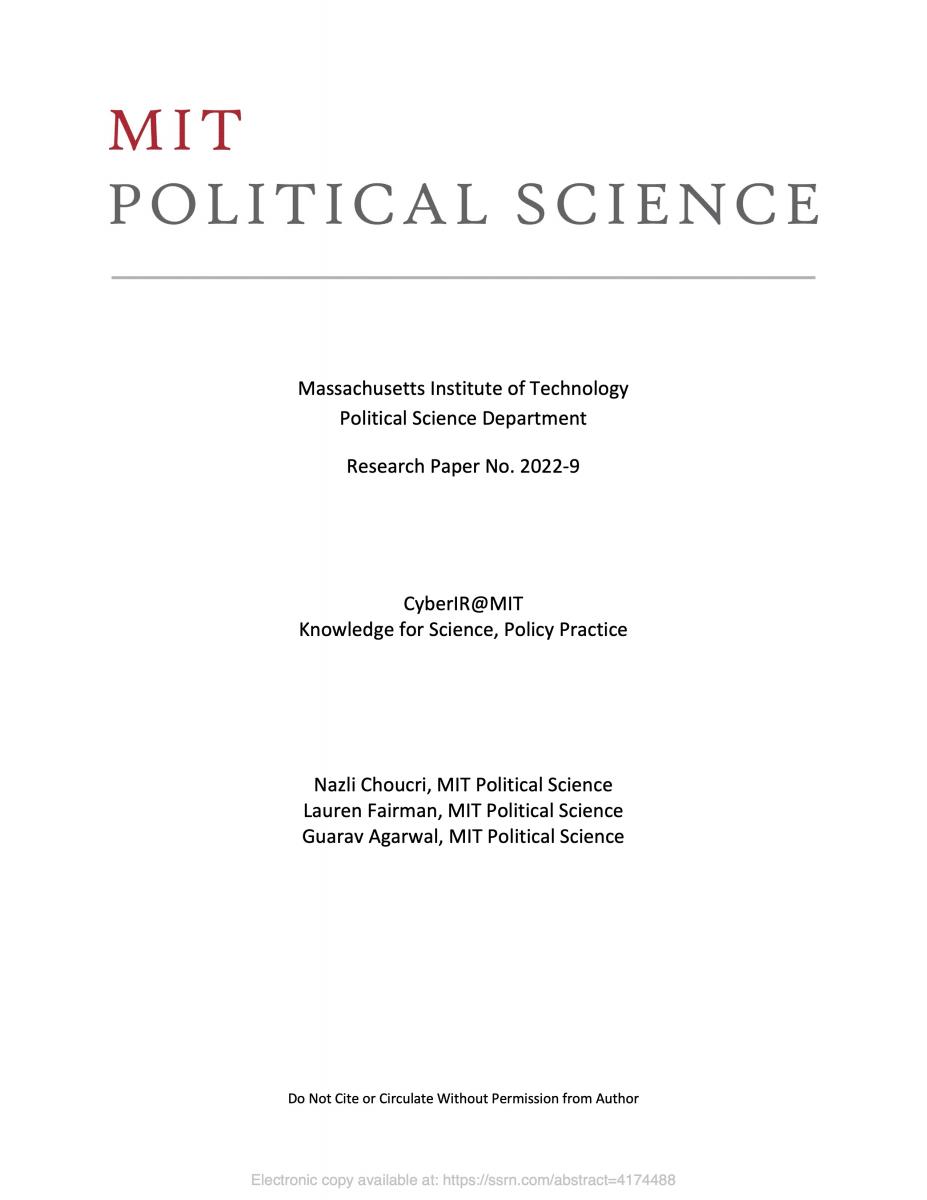URL:
Abstract:
This article examines the potential risks and political background of the proposed revision (as of April 2023) of the 2001 Budapest Convention, otherwise known as the Convention on Cybercrime. The treaty, currently under negotiation by 68 countries including the United States and Russia, seeks to establish a renewed framework for defining international cybercrime to effectively prevent and prosecute cyberattacks. The push for a new treaty began with Russia (alongside allied countries such as Belarus, China, and Syria) in 2017, as Russia had long held that the treaty’s authorization of international cybersecurity operations violated Russian sovereignty.
Thirty-four new criminal offenses have been proposed (in contrast to the original nine), around six of which are based on the legality and/or morality of content. While proponents of the treaty argue it could become a more relevant tool in the fight against increasingly sophisticated cybercrime, human rights advocates have expressed concern that it could be used as a means of authoritarian overreach and undermine individual privacy and civil liberties, creating human rights and free speech issues even beyond cyberspace. In particular, these advocates highlight the treaty’s potential impact on significant cyber issues such as data privacy, surveillance, and access to personal information.
Ultimately, the article emphasizes the need for a nuanced and informed approach to international cybersecurity policy, and calls attention to the political intersection between human rights, privacy, and cyberspace. It concludes by suggesting that while the proposed treaty may represent a step forward in addressing modern challenges of cybercrime, it must be implemented with caution to safeguard the values that underpin democratic societies.
Year:
2023
Domain:
Dimension:
Region:
Country:
Russia



